Netflix’s intense mind game show returns—and this time, someone must fall.
On May 6, Netflix launched Devils Plan: Death Room, the high-stakes second season of its brain survival competition originally introduced in 2023. Building on both the popularity and criticism of the first season, the sequel ups the ante with new rules, more players, and a brutal nightly Deathmatch.
A More Ruthless Game: Deathmatch Changes Everything
In the first season of Devils Plan, the show gained global attention, topping Korea’s Netflix chart and ranking in the Top 10 in 23 countries. Yet for all its praise, one common criticism emerged: there was no real elimination mechanism. Alliances grew stronger over time, allowing dominant coalitions to steamroll individuals. The lack of a “deathmatch” meant no true underdog comebacks, making the game feel imbalanced for strategic solo players.
Enter Season 2’s game-changer: the Death Room.
Every night, at least one player is eliminated—no exceptions. This format injects real risk and tension, re-centering the game on survival, betrayal, and pure strategy. The new prison match-style deathmatch forces players to play for themselves rather than hide behind numbers, eroding the power of major alliances and giving underdogs a fighting chance.
Expanded Cast, Sharper Focus
The cast has grown from 12 to 14 players—a calculated move by PD Jeong Jong-yeon, who admitted at a press conference that 12 contestants wouldn’t last long under daily eliminations. The result? A tighter, faster-paced game where eliminations quickly trim the fat, highlighting only the sharpest minds.
Though the larger starting group seemed chaotic at first, the nightly dropouts quickly narrowed the focus to key contenders, creating emotional investment and deeper immersion for viewers. And the cast delivers.
Star Players and Standout Strategies
Season 2 introduces a blend of intellect, emotion, and charisma that keeps audiences hooked:
- Lee Se-dol, Jeong Hyun-gyu, and Yoon So-hee approach the game with cold precision, seemingly detached from emotion—ideal traits in a cerebral deathmatch.
- Kyuhyun and Tino oscillate between humor and cunning, creating tension-breaking entertainment and jaw-dropping strategy in equal measure.
- Other cast members bring bold logic, unpredictable twists, and stone-cold poker faces that challenge every assumption and alliance.
Each player feels uniquely essential—a vast improvement from Season 1, where a few strong alliances dominated airtime.
Smarter Game Design, Stronger Drama
What truly elevates Devils Plan: Death Room is its reinvented game mechanics. Gone is the over-reliance on groupthink and stagnant coalitions. Now, doubt, manipulation, and betrayal reign supreme. Even tightly knit alliances must second-guess one another, knowing that only one can survive the deathmatch gauntlet.
It’s a major step up in both intensity and fairness—and it brings the thrilling unpredictability that fans of The Genius and similar mind games crave.
Can It Repeat Global Success?
With a deeper, darker tone, Devils Plan: Death Room is no longer just a smart game show—it’s a psychological war zone. By fixing what didn’t work in Season 1 and leaning into high-stakes survival drama, Netflix may well have crafted a show even more addictive than before.
Will Season 2 achieve the same viral status—or even surpass it? If the first few episodes are any indication, Devils Plan: Death Room is back, smarter, and more savage than ever.
Would you survive the Death Room, or get played first?

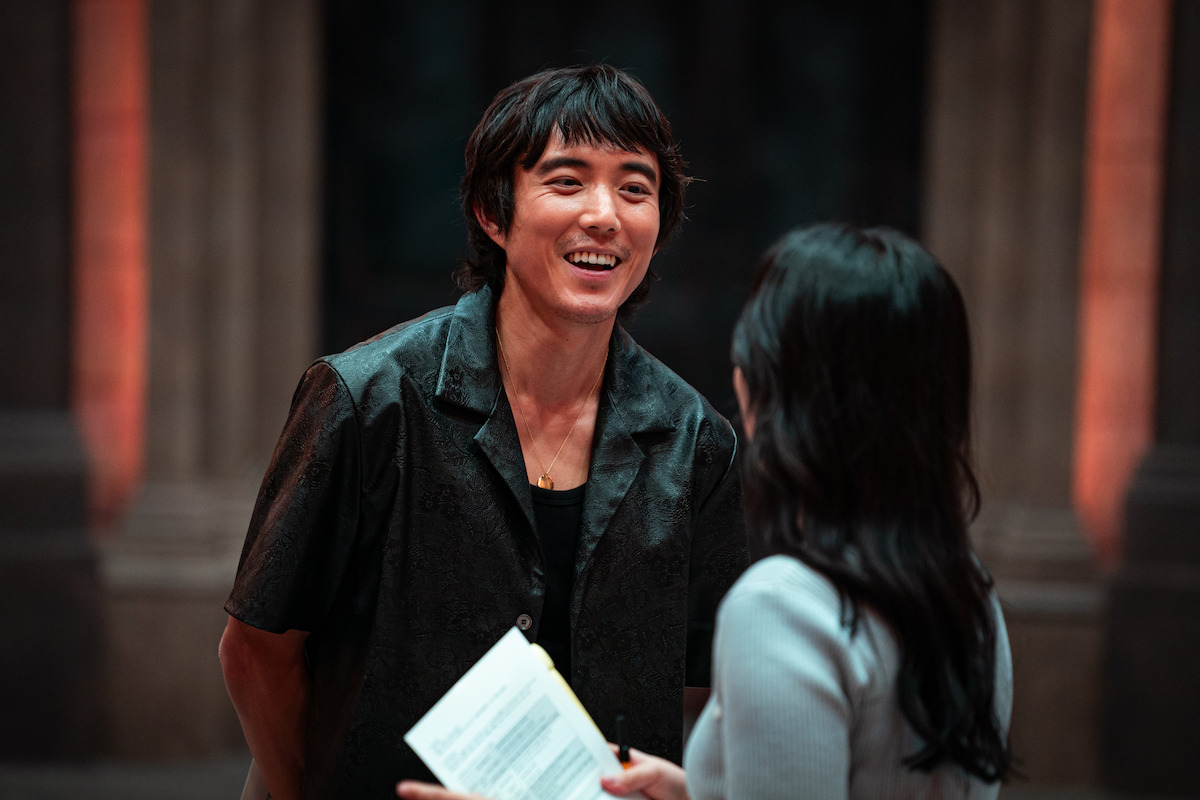


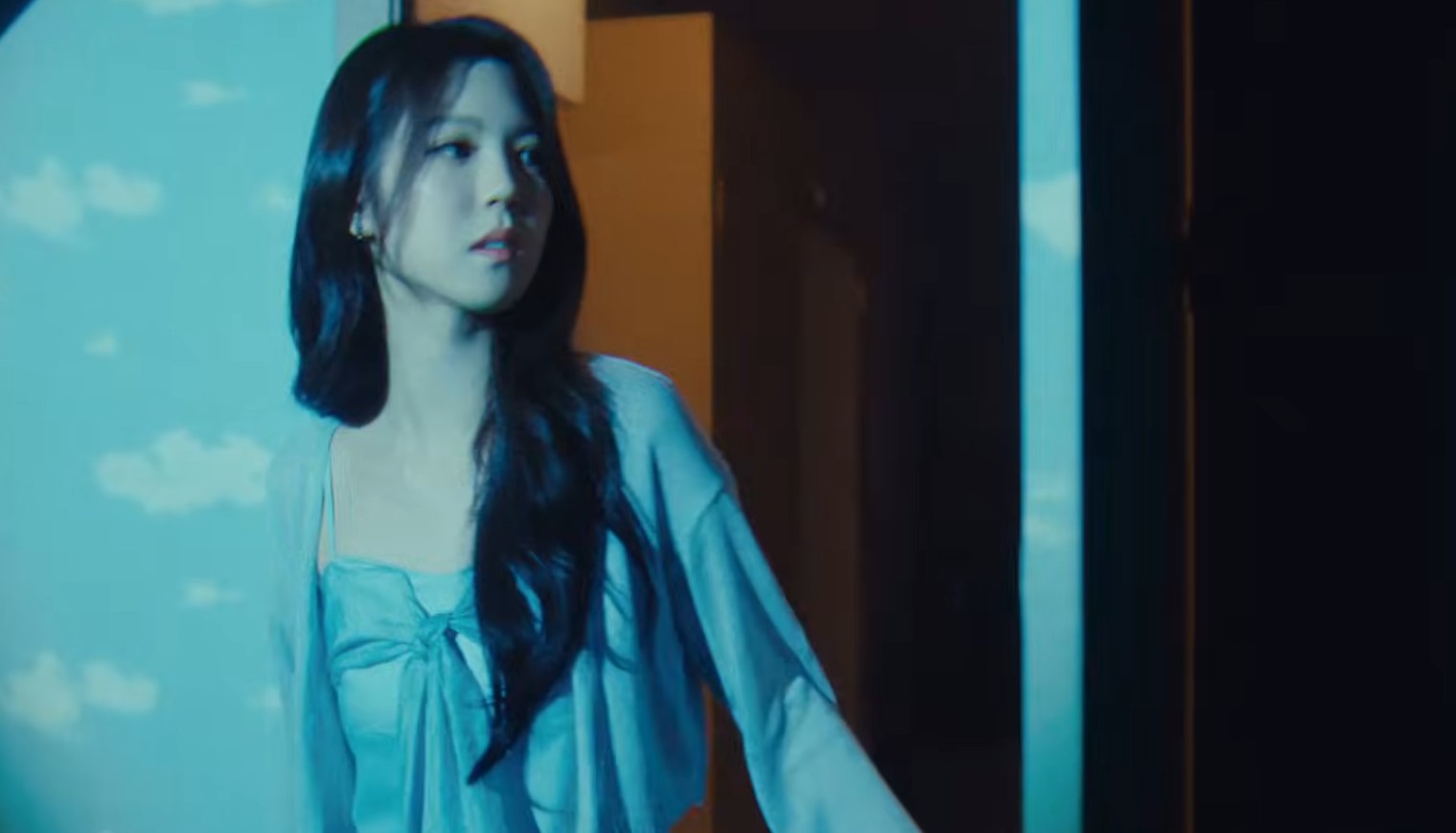
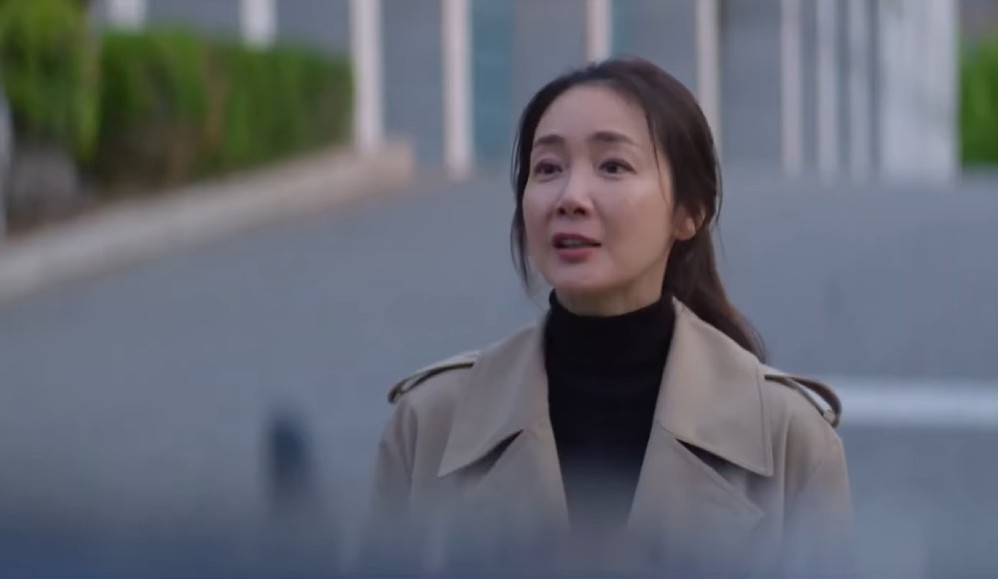


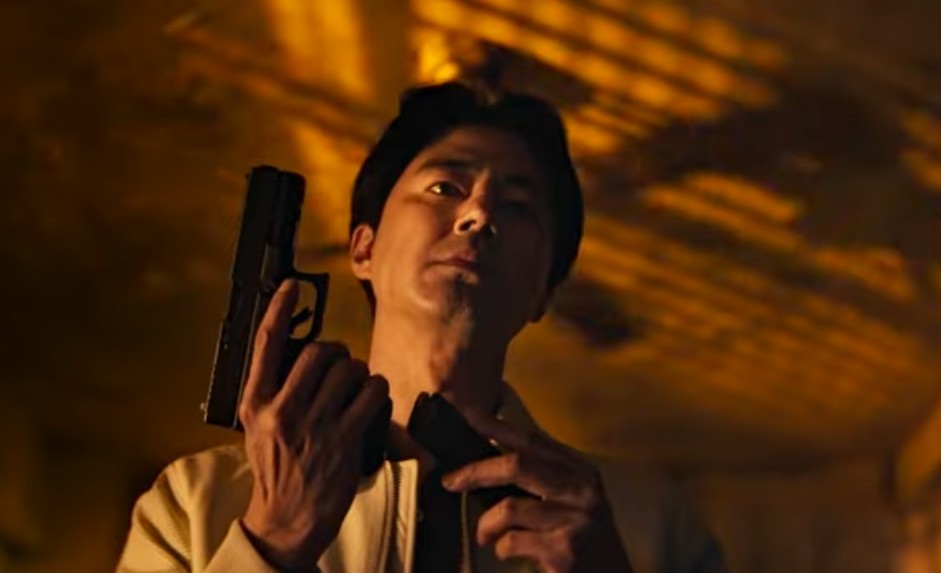
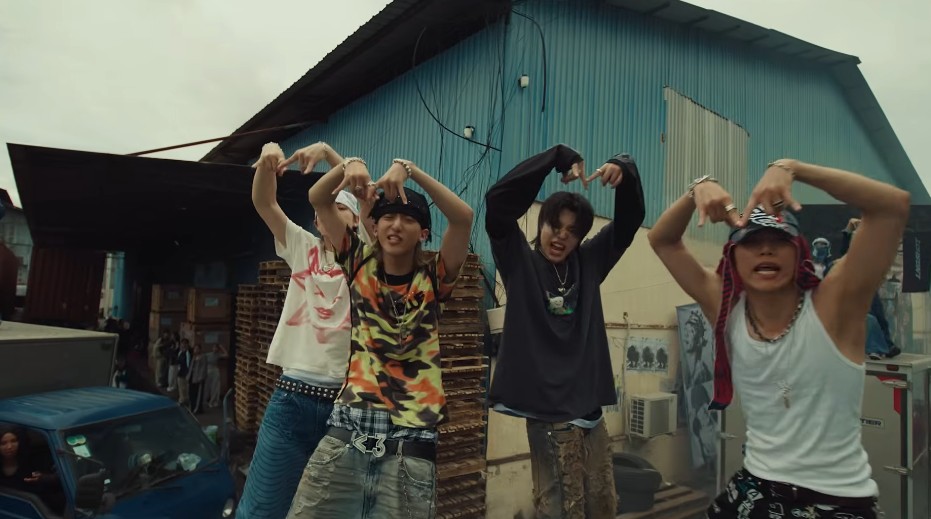

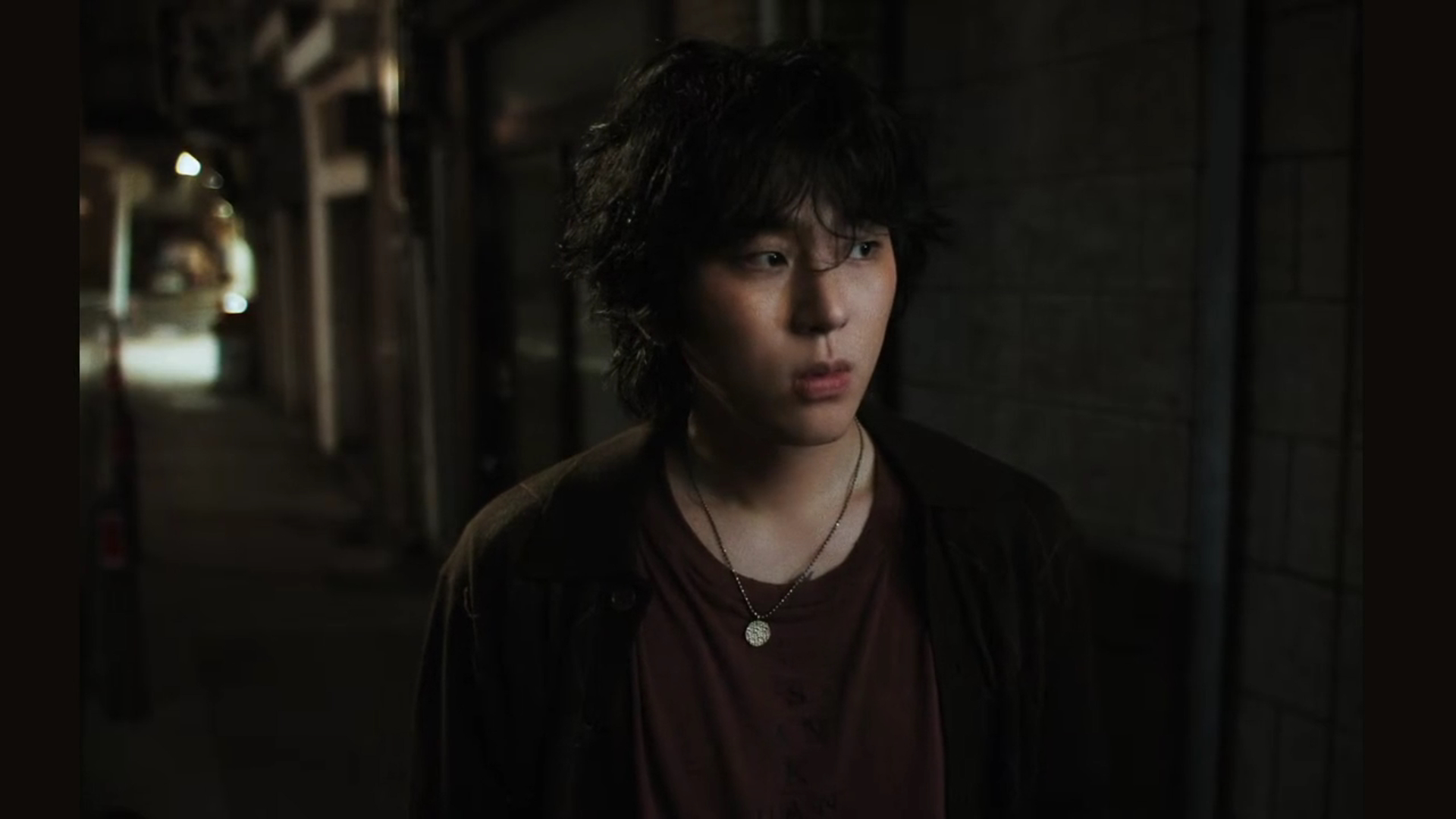
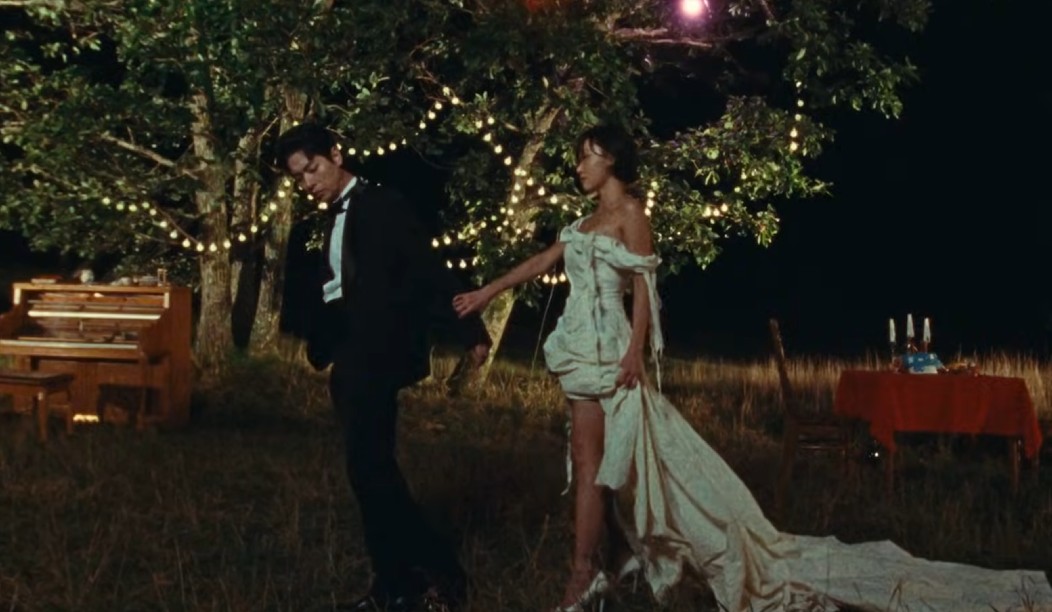

Leave a Reply